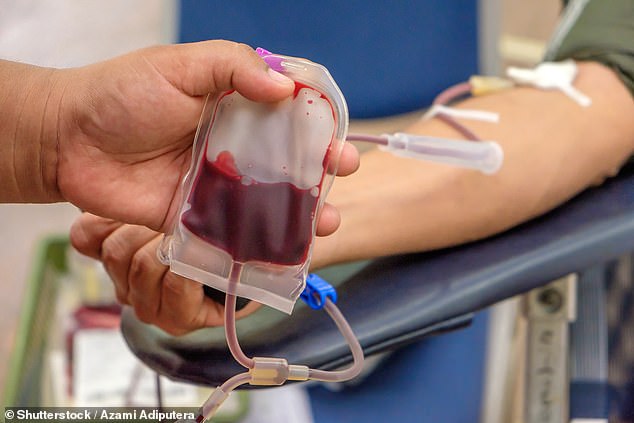Giving blood saves lives. Donor blood is a lifeline in an emergency and for people who need long-term treatments. Blood or the components of blood (red blood cells, platelets and plasma)
are used to treat patients with medical conditions such as anaemia, cancer blood disorders, and those having surgery.
Blood is usually separated into its individual components or parts, so a patient can be given the particular component they need. S when you donate one pint of blood, you may actually be saving up to three lives.
Unfortunately, Nigeria is one of the countries with the lowest rate of volunteer blood donors. This may be due to a number of factors which include a general lack of education on the subject.
However, given our population and other factors, there is a great need for blood and blood products and as blood isn’t something that can be manufactured, the only way to fill this need is by getting more volunteer blood donors.
If you do decide to save a few lives by donating your blood, here are a few things you should know beforehand.
- You should be between 17 – 65 years of age.
- You must weigh at least 50 kg (regardless of height) before you can give blood. This is because this is the safest weight/body mass to enable approximately half a litre of blood to be suddenly taken away. Anyone who weighs less than 50kg may have trouble adjusting quickly enough and may pass out during or right after the blood donation.
- If you have a cold or flu or are feeling unwell, it’s best that you wait until you feel better before you give blood.
- You must be completely healed or recovered from any infection for at least 14 days before you give blood. If you are taking antibiotics you may need to wait a period of time after your last tablet.
- Men can give blood every 12 weeks and women can give blood every 16 weeks.
- It is possible to donate blood if you have high blood pressure or low blood pressure. However, you must indicate this to the staff at the donation centre as there may be some restrictions.
- If you had a tattoo or body piercing done recently you may have to wait up to 4 months before you can donate. This also applies to certain cosmetic procedures that involve use of needles/sharp objects such as microblading and semi permanent make up.
Before you donate
…check out how you can help your first donation go smoothly.
Eat – don’t donate on an empty stomach. Eating before your donation will help to keep your blood sugar levels stable so that you don’t feel lightheaded or dizzy.
Drink – it’s important that you are well hydrated in the days before your donation. This should compensate for the fluids lost and prevent your blood pressure from dropping, which can make you feel light headed or dizzy.
Exercise – don’t do any vigorous exercise or heavy lifting the day of your donation, either before or afterwards. Keeping your body rested helps it to replenish lost fluids.
Wear – loose sleeves that are easy to roll up so your veins can be reached easily.
Distract – it’s normal to feel nervous the first time you donate. Distraction is key – bring a friend to wait with you, or a book to read or some music.
Sleep – get a good night’s sleep before donation to reduce the chance of feeling unwell.
Go forth and save a few lives with your generous gift of blood 🙂







